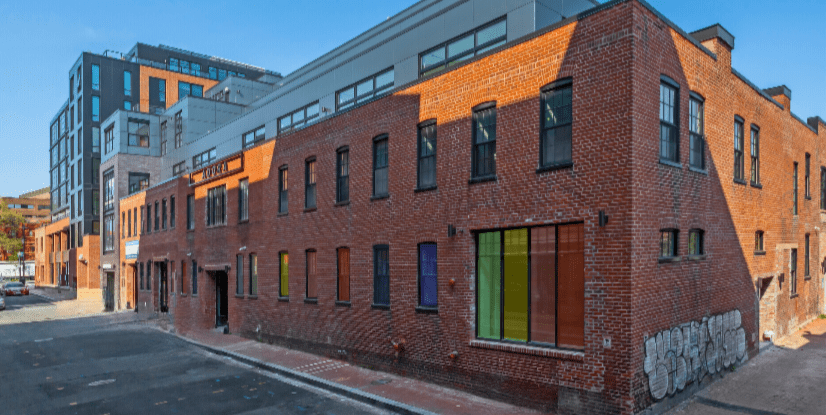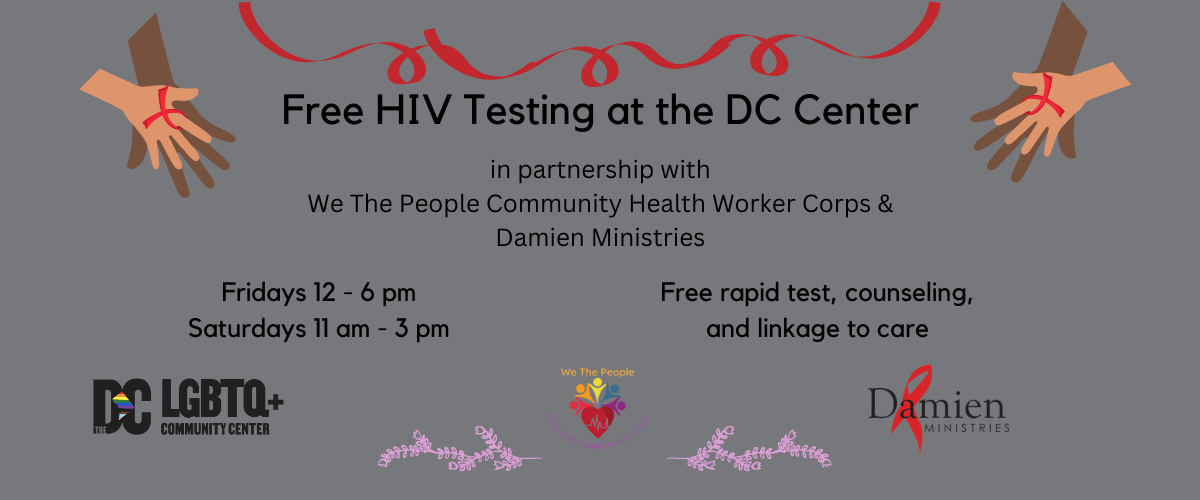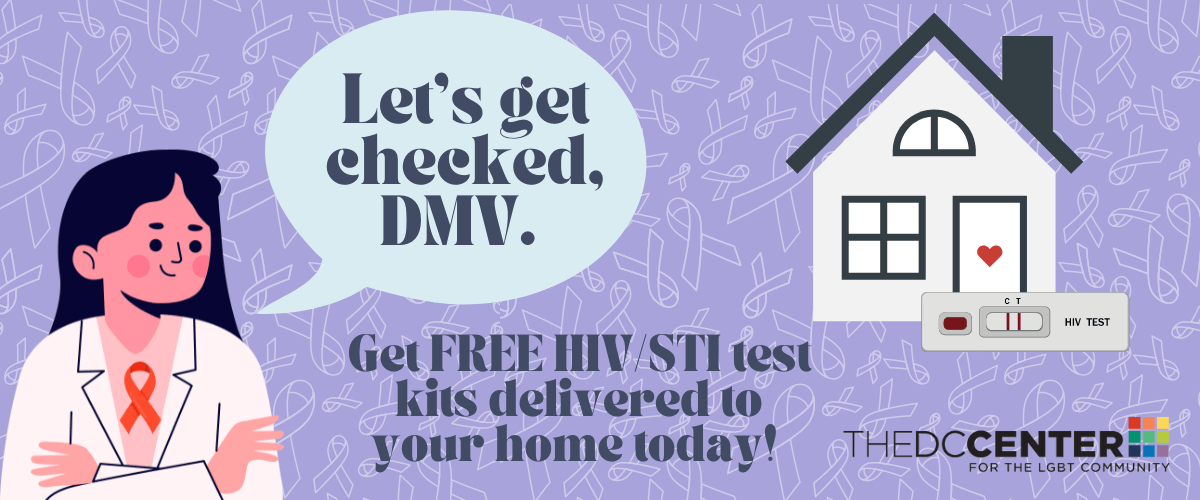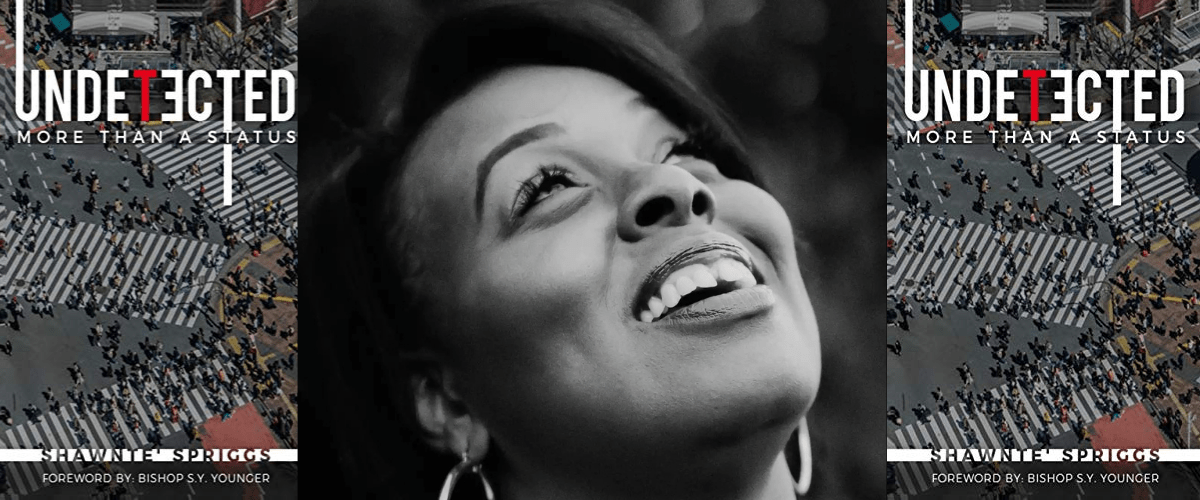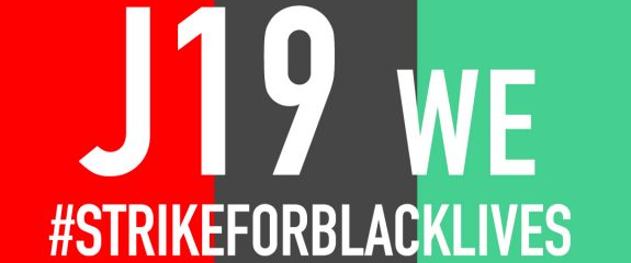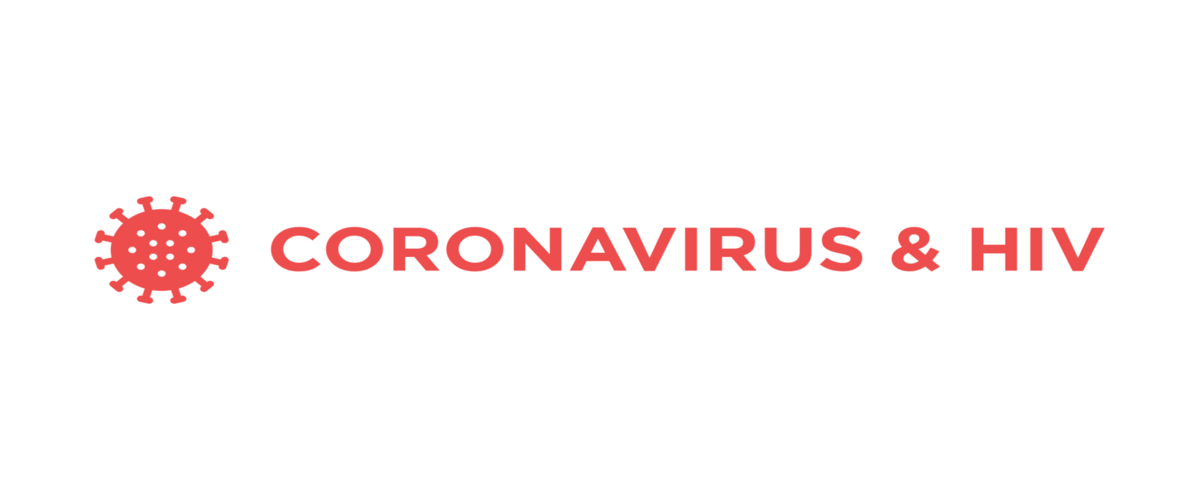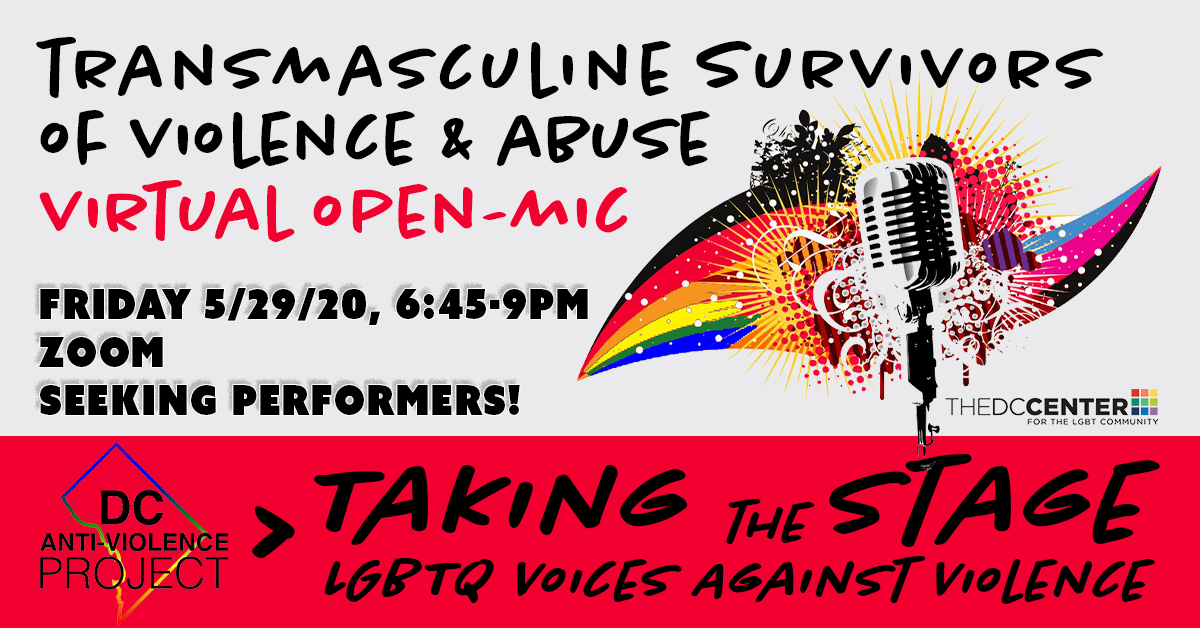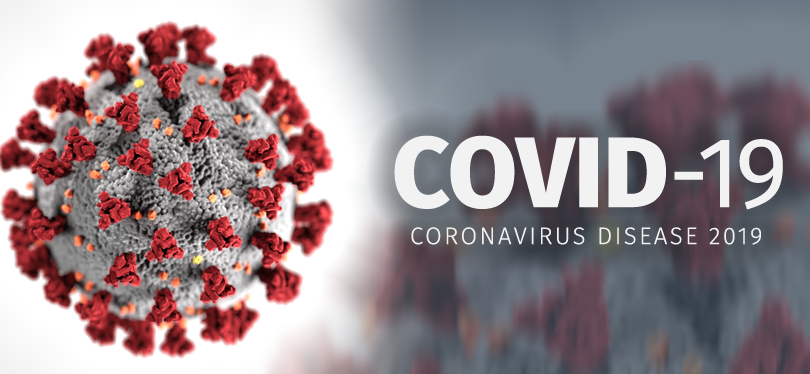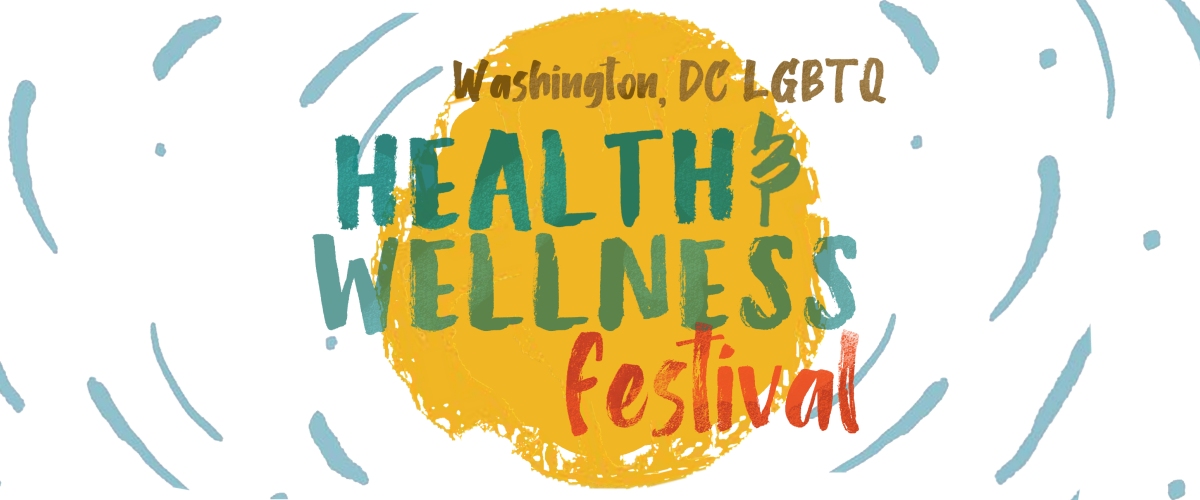Although the risk of serious illness from COVID-19 for people with HIV is not known, people with HIV may have concerns and questions related to their risk.
This is an emerging, rapidly evolving situation and CDC will provide updated information as it becomes available.
Are people with HIV at higher risk for Covid-19 than other people ?
At the present time, we have no specific information about the risk of COVID-19 in people with HIV.
Older adults and people of any age who have a serious underlying medical condition might be at higher risk for severe illness, including people who are immunocompromised. The risk for people with HIV getting very sick is greatest in:
- People with a low CD4 cell count, and
- People not on HIV treatment (antiretroviral therapy or ART).
People with HIV can also be at increased risk of getting very sick with COVID-19 based on their age and other medical conditions.
What can people with HIV do to protect themselves from COVID-19.
There is currently no vaccine to prevent COVID-19. The best way to prevent getting sick is to avoid exposure to the virus.
People with HIV should take everyday preventive actions to help prevent the spread of COVID-19.
People with HIV should also continue to maintain a healthy lifestyle. This includes:
Staying healthy helps your immune system fight off infection should it occur.
If you have HIV and are taking your HIV medicine, it is important to continue your treatment and follow the advice of your health care provider. This is the best way to keep your immune system healthy.
What should I do if I think I might have Covid-19?
Call your health care provider if you develop symptoms that could be consistent with COVID-19. Discuss how to get evaluated and how to avoid potentially exposing others to COVID-19.
Learn more about COVID-19 and what to do if you get sick.
What else can people with HIV who are at higher risk of getting very sick from COVID-19 do to protect themselves?
Nearly half of people in the United States with diagnosed HIV are aged 50 years and older. People with HIV also have higher rates of certain underlying health conditions. Both increased age and these conditions can increase their risk for more severe illness if people with HIV get COVID-19, especially people with advanced HIV.
Steps that people with HIV can take to prepare in addition to what is recommended for everybody:
- Make sure you have at least a 30-day supply of your HIV medicine and any other medications or medical supplies you need for managing HIV.
- Talk to your health care provider and make sure all your vaccinations are up-to-date, including vaccinations against seasonal influenza and bacterial pneumonia because these vaccine preventable diseases disproportionally affect people with HIV.
- Establish a plan for clinical care if you have to stay at home for a couple of weeks. Try to establish a telemedicine link through your HIV care provider’s online portal. If telemedicine is not available to you, make sure you can communicate with your provider by phone or text.
- Make sure you can maintain a social network remotely, such as online, by phone, or by video chat. This can help you stay socially connected and mentally healthy, which is especially important for people with HIV.
- People with HIV can sometimes be more likely than others to need extra help, from friends, family, neighbors, community health workers, and others. If you become sick make sure you stay in touch by phone or email with people who can help you.
Can HIV medicine (ART) be used to treat Covid-19?
Some types of HIV medicine (for example, lopinavir-ritonavir) to treat COVID-19 are being evaluated. Results from a clinical trialexternal icon in China showed that lopinavir-ritonavir did not speed up recovery or reduce the amount of virus produced in patients hospitalized with COVID-19 and pneumonia. More than 15 clinical trials of HIV medicines are registered on ClinicalTrials.govexternal icon. Until more is known about the effects of these medicines on COVID-19, people with HIV should not switch their HIV medicine in an attempt to prevent or treat COVID-19.
Are shortages of HIV medicine (ART) or pre-exposure prophylaxis (PreP) expected?
Drug shortages or anticipated problems with HIV medicine have not been identified.
The U.S. Food and Drug Administration (FDA) is closely monitoring the drug supply chain as the COVID-19 outbreak has the potential to disrupt the supply of medical and pharmaceutical products in the United States.
The National Alliance of State and Territorial AIDS Directors (NASTAD) has also remained in contact with the major manufacturers of HIV medicine as many of these products rely on ingredients produced in China.
As of March 10, 2020, there were no reports of manufacturing concerns or supply shortages.
Learn more about the FDA’s response to COVID-19external icon.
Should people with HIV travel at this time?
For the latest CDC travel recommendations, visit CDC’s COVID-19 travel information page.
What can everyone do to minimize the stigma about Covid-19?
Minimizing stigma and misinformation about COVID-19 is very important. People with HIV have experience in dealing with stigma and can be allies in preventing COVID-19 stigma. Learn how you can reduce stigma and help prevent the spread of rumors about COVID-19.
Information sourced from the Center for Disease Control.

